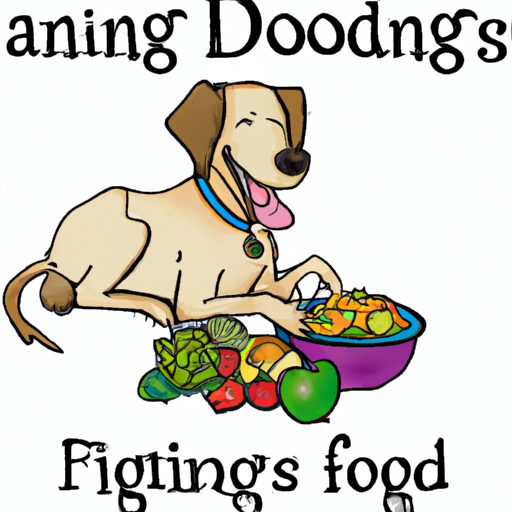As a caregiver, you’re always seeking the best for those you take care of, and this doesn’t exclude your furry friends. Just like humans, dogs require a balanced diet to stay healthy and active. But what exactly should a dog eat?
Understanding Your Dog’s Nutritional Needs
Dogs are omnivores, which means they can eat a mix of both meat and plants. However, their diets should be primarily meat-based. Here’s a breakdown of a healthy canine diet:
- Protein: This should make up about 18-25% of a healthy dog’s diet. It can come from meats like chicken, beef, and fish.
- Fats: Essential for energy, fats should comprise about 10-15% of the diet.
- Carbohydrates: These provide energy and should make up 50-55% of the diet. They can be obtained from grains, vegetables, and fruits.
- Vitamins and Minerals: These are needed in smaller quantities but are crucial for various body functions.
Can Dogs Eat Human Food?
While some human foods are safe for dogs, others can be toxic. Here are a few common ones:
| Safe Foods | Unsafe Foods |
|---|---|
| Carrots | Chocolate |
| Apples | Grapes |
| White rice | Onions |
| Pumpkin | Avocados |
Always consult your vet before introducing new foods to your dog’s diet.
Dog-Friendly Fruits and Vegetables
Fruits and veggies can be a great source of vitamins and minerals for dogs. Some safe options include:
- Bananas
- Blueberries
- Cucumbers
- Sweet potatoes
- Spinach
Remember to introduce these foods gradually and in moderation.
Feeding Your Dog Commercial Dog Food
Commercial dog food is often a convenient choice for caregivers. It’s specifically formulated to meet dogs’ nutritional needs and comes in various forms like dry kibble, canned food, and semi-moist food. When choosing a brand, look for one that’s marked as “complete and balanced.”
Feeding Your Dog a Raw or Homemade Diet
Some caregivers prefer feeding their dogs a homemade or raw diet. While this can allow for more control over what your dog eats, it’s crucial to ensure their meals are nutritionally balanced. Consulting a veterinary nutritionist can be helpful.
How Much and How Often to Feed Your Dog
The amount and frequency of feeding depend on your dog’s age, size, breed, and activity level. Puppies usually need more frequent feedings than adult dogs. Always use feeding guides as a starting point and adjust as needed.
The Importance of Hydration
Water is a vital part of your dog’s diet. Always ensure your dog has access to fresh, clean water, especially after meals and during hot weather.
FAQs
What should I do if my dog eats something toxic?
If you suspect your dog has consumed something harmful, contact your vet immediately.
Can I feed my dog leftovers?
While it can be tempting, many leftovers contain ingredients that are unsafe for dogs. Stick to dog-safe foods.
How can I tell if my dog is overweight?
Signs of an overweight dog include difficulty feeling the ribs, loss of an obvious waist, and fat deposits over the spine and base of the tail. If you’re concerned about your dog’s weight, consult your vet.
Can dogs eat dairy products?
Some dogs may be lactose intolerant, so introduce dairy products slowly and watch for any signs of an upset stomach.
Feeding your dog shouldn’t be a guessing game. By understanding their dietary needs and avoiding harmful foods, you can ensure your furry friend stays healthy and happy.



